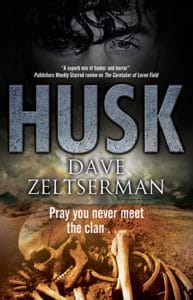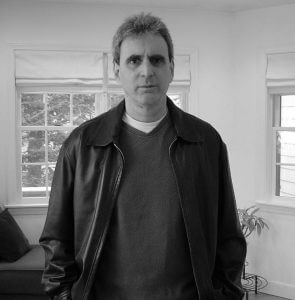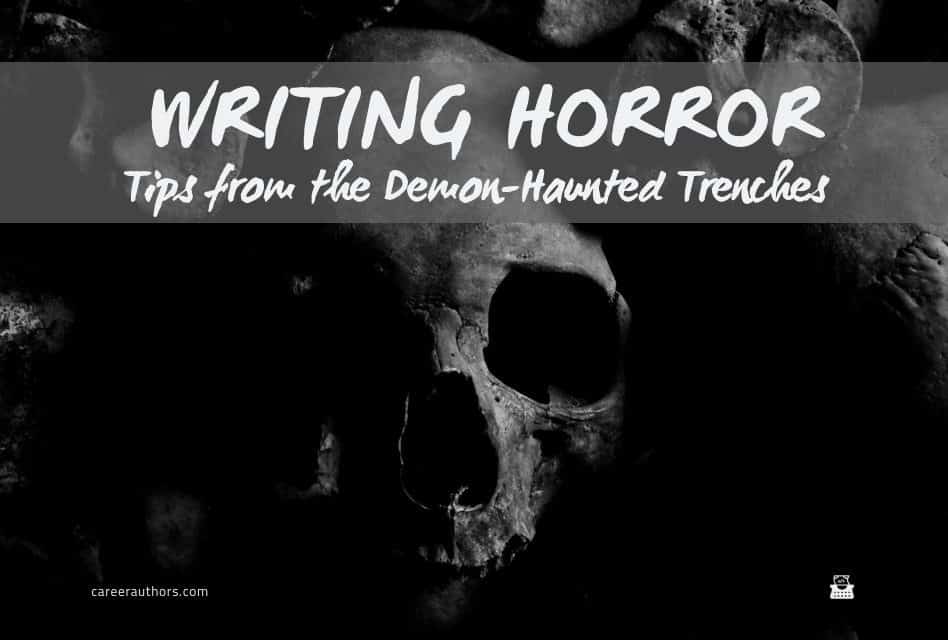I’m going to try to come up with five tips for writing horror, and it’s not going to be easy. The reason: I don’t think I do anything different when I write horror, crime, or noir. All I’m trying to do is tell the story I want to tell, and which genre it ends up classified as doesn’t matter to me. The same is true with other writers who write both horror and crime, even Stephen King. Is Misery horror or a psychological crime thriller? And is there any difference in the way he plots and writes his horror novels and his Bill Hodges trilogy, which are crime thrillers? But I’ll look at the six horror novels I’ve written and see if I can divine a few writing tips from them.
Tip 1: Do not write Frankenstein-retellings!
I learned this the hard way. If you write a Frankenstein-retelling, a legion of angry Mary Shelley fans will descend on you like a school of piranhas and will strip you to the bone!
But this actually dovetails to my first real tip:
Tip 1 (real): Know your audience
This is a generic tip for any type of writing. There’s a plethora of different horror subgenres: literary horror, gothic, Lovecraftian, psychological, weird, splatter, etc. and you should understand which horror subgenres (or combination of subgenres) you’re writing, and what the audience expects.
Tip 2: Read the masters
Again, this is a generic tip, but you should read and dissect the masters (their works, not them physically!) so you can understand what makes their books work! Nobody is more popular than Stephen King, so read a dozen of his books and try to learn as much as you can from them. And read some Lovecraft. A branch of recent weird horror has its root in Lovecraft.
Tip 3: Go to writing horror conventions
This is yet another generic writing tip, and one that I for the most part don’t follow for horror, but do for mystery and crime. It’s good to meet other writers in your genre, and to belong to a group of fellow writers (I chose mystery and crime writers because I started off as a mystery and crime writer, and still write more crime thrillers than horror. Also, mystery and crime writers tend to be nice folks, but I’m sure that horror writers can be nice also!
The social aspect of spending time with fellow writers makes going to these conventions and meetings worthwhile all by itself, but you’ll also learn about writing opportunities, maybe get invited to submit to an anthology, etc.
Tip 4: Don’t be gratuitous
Obviously this tip isn’t going to work for someone writing splatter horror, but try to minimize your description of gore. Let the mind take over. I don’t shy away from violence in my writing—if something terrible needs to happen in your story, it needs to happen, but there’s no reason to go into excessive detail in describing it. For me horror is about creating an almost unbearable sense of dread, and not about grossing out the readers. In my crime novel Pariah, I have a horrific scene which I write in the smallest amount detail possible, and as it is the scene is tough enough for a reader to get to.
Tip 5: Demons are always good
Two of my horror novels have demons, and I just find them fun to write. Take this tip with a grain of salt, but I think you can’t go wrong adding demons to your horror writing.
(Can’t get enough tips? Here are 7 more horror writing essentials.)

 Dave Zeltserman is the author of twenty crime, horror, and thriller novels, and dozens of short stories. His dark crime noir novels have been named by NPR and the Washington Post as best books of the year, and his horror novels have been picked by American Library Association, Booklist, and WBUR as best of the year. His lighthearted and amusing Julius Katz mysteries, which he writes for Ellery Queen Mystery Magazine, have won a Shamus, Derringer, and two Ellery Queen Mystery Magazine Readers awards. He also writes the Morris Brick crime thrillers under his Jacob Stone pseudonym.
Dave Zeltserman is the author of twenty crime, horror, and thriller novels, and dozens of short stories. His dark crime noir novels have been named by NPR and the Washington Post as best books of the year, and his horror novels have been picked by American Library Association, Booklist, and WBUR as best of the year. His lighthearted and amusing Julius Katz mysteries, which he writes for Ellery Queen Mystery Magazine, have won a Shamus, Derringer, and two Ellery Queen Mystery Magazine Readers awards. He also writes the Morris Brick crime thrillers under his Jacob Stone pseudonym.





